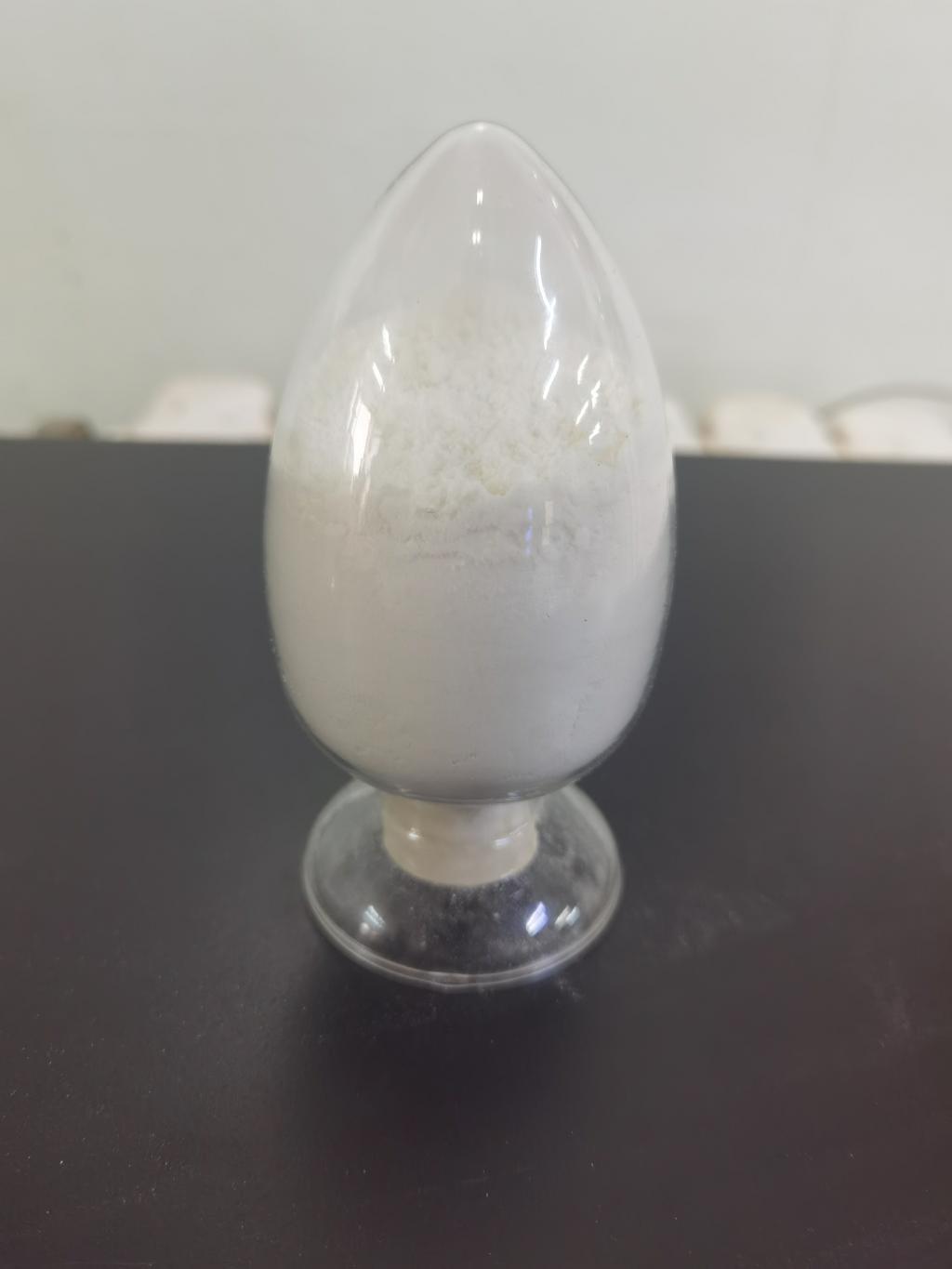Tel:+8618231198596

News
 CONTACT
CONTACT
 CONTACT
CONTACT
- Linkman:Linda Yao
- Tel: +8618231198596
- Email:linda.yao@dcpharma.cn
- Linkman:CHARLES.WANG
- Department:Overseas
- Tel: 0086 0311-85537378 0086 0311-85539701
News
Current Position:
Home >
News
>ε-Polylysine hydrochloride's effectiveness against spoilage organisms contributes.
ε-Polylysine hydrochloride's effectiveness against spoilage organisms contributes.
TIME:2023-11-27
Spoilage Organisms: A Culprit in Food Waste
Spoilage organisms, including bacteria, molds, and yeasts, play a pivotal role in the deterioration of food products. Their presence can lead to off-flavors, discoloration, and changes in texture, rendering food unsuitable for consumption. As the global demand for sustainable practices increases, addressing the impact of spoilage organisms on food waste becomes imperative. This article delves into the multifaceted challenges posed by spoilage organisms and the potential of ε-Polylysine hydrochloride as a solution.
ε-Polylysine Hydrochloride: A Natural Antimicrobial Powerhouse
ε-Polylysine hydrochloride, derived from bacteria, has gained recognition for its potent antimicrobial properties. Its unique structure allows it to disrupt the cell membranes of bacteria, molds, and yeasts, inhibiting their growth and proliferation. Unlike synthetic preservatives, ε-Polylysine hydrochloride offers a natural and effective alternative, making it an attractive solution for addressing spoilage organisms and reducing food waste.
Applications in Fresh Produce Preservation
The journey of food products through the supply chain begins with harvesting and transportation, where fresh produce is particularly vulnerable to spoilage. Explore how ε-Polylysine hydrochloride can be applied to extend the shelf life of fruits and vegetables. Case studies and real-world examples highlight the efficacy of ε-Polylysine hydrochloride in preventing spoilage, minimizing waste, and ensuring that fresh produce reaches consumers in optimal condition.
ε-Polylysine Hydrochloride in Meat and Poultry Processing
Spoilage organisms are significant challenges in the meat and poultry industry, affecting product quality and safety. Investigate the applications of ε-Polylysine hydrochloride in preventing microbial contamination during processing, storage, and transportation. The antimicrobial effectiveness of ε-Polylysine hydrochloride becomes a crucial asset in reducing waste in the meat and poultry supply chain, enhancing both sustainability and efficiency.
Dairy Industry: Preserving Freshness and Quality
Dairy products are susceptible to spoilage due to the rich nutrient content that supports microbial growth. Discover how ε-Polylysine hydrochloride is making strides in preserving the freshness and quality of dairy items. From preventing the growth of spoilage bacteria in milk to extending the shelf life of cheeses, ε-Polylysine hydrochloride contributes to waste reduction in the dairy industry.
ε-Polylysine Hydrochloride in Bakery and Confectionery
Bakery and confectionery products face challenges related to mold growth and staling, contributing to food waste. Examine how ε-Polylysine hydrochloride is employed in preserving the quality and freshness of baked goods. From inhibiting mold in bread to preventing spoilage in confectionery items, ε-Polylysine hydrochloride's effectiveness against spoilage organisms resonates across various segments of the food industry.
Sustainable Packaging Solutions
In addition to direct applications in food products, ε-Polylysine hydrochloride contributes to waste reduction through sustainable packaging solutions. Explore how incorporating ε-Polylysine hydrochloride in packaging materials can inhibit the growth of spoilage organisms, thereby extending the shelf life of packaged products. The integration of antimicrobial agents in packaging aligns with the broader goal of minimizing food waste at the consumer level.
Waste Reduction Across the Supply Chain
Analyze the cumulative impact of ε-Polylysine hydrochloride on waste reduction across different stages of the food supply chain. From production and processing to distribution and retail, the antimicrobial properties of ε-Polylysine hydrochloride contribute to preserving food quality, reducing losses, and minimizing waste. Comprehensive case studies provide insights into the tangible benefits realized by adopting ε-Polylysine hydrochloride in diverse supply chain scenarios.
Challenges and Considerations in Implementation
While ε-Polylysine hydrochloride offers significant potential in reducing food waste, its successful implementation comes with challenges. Examine factors such as optimal concentration, compatibility with different food matrices, and consumer acceptance. Addressing these challenges is crucial for ensuring that ε-Polylysine hydrochloride becomes a practical and widely adopted solution for waste reduction in the food supply chain.
Future Perspectives: ε-Polylysine Hydrochloride's Role in a Sustainable Food Future
Looking ahead, ε-Polylysine hydrochloride emerges as a key player in shaping a more sustainable and efficient future for the food industry. Explore potential advancements, research initiatives, and collaborative efforts aimed at maximizing the impact of ε-Polylysine hydrochloride on waste reduction. As the industry continues to evolve, the integration of natural antimicrobial solutions like ε-Polylysine hydrochloride becomes instrumental in building a resilient and sustainable food supply chain.
Conclusion
In conclusion, the effectiveness of ε-Polylysine hydrochloride against spoilage organisms marks it as a transformative solution in the ongoing battle against food waste. From farm to fork, its applications across various stages of the food supply chain contribute to preserving the quality, safety, and freshness of food products. As the global community strives for a more sustainable and efficient food future, ε-Polylysine hydrochloride stands as a beacon of innovation, offering tangible solutions to minimize waste and promote a greener, more responsible approach to food production and consumption.
- Tel:+8618231198596
- Whatsapp:18231198596
- Chat With Skype







